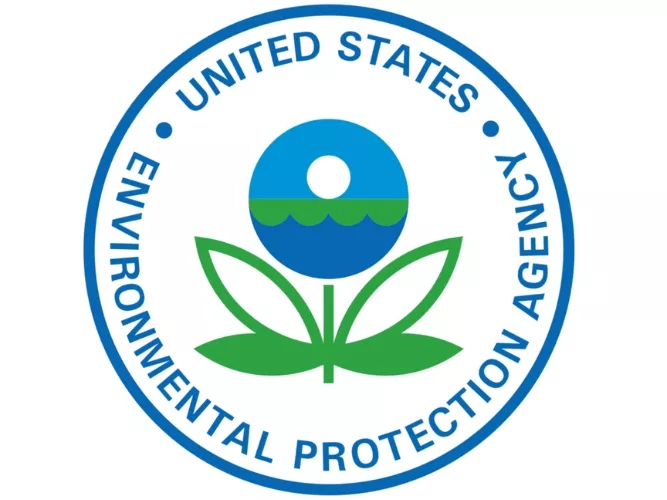The International Code Council has been selected by the U.S. Environmental Protection Agency (EPA) to receive $3.5 million through the Reducing Embodied Greenhouse Gas Emissions for Construction Materials and Products grant.
ICC Evaluation Service (ICC-ES) will use this grant funding to generate Environmental Product Declarations (EPDs) in partnership with the states of Washington and Oregon. An EPD provides increased transparency regarding the environmental impacts of products using established international standards. Architects, engineers, general contractors, specifiers and other users can then make appropriate, informed product selections. Learn more about EPDs here.
“EPDs are an important mechanism for reducing the climate impacts of buildings and aid designers, contractors and code officials in determining which building materials are the most sustainable,” said Code Council Vice President of Innovation Ryan Colker. “We commend the EPA for realizing the value of EPDs and look forward to working with manufacturers throughout the Pacific Northwest to expand their availability.”
Through the Pacific Northwest (PNW) EPD Partnership, the project focuses on developing facility-specific EPDs for concrete, asphalt, steel, wood and emerging products such as salvage wood and roofing. This partnership will take a collaborative approach to significantly improve the availability and quality of facility-specific, third-party verified EPD’s for building products and materials made and used in Oregon, Washington and the greater PNW region. This project intends to provide more than 200 manufacturers in the PNW with free support to develop more than 1,000 new EPDs.
In addition to providing free EPD verification, the project includes a three-pronged approach to expand EPD availability and use: training on materials, developing a structural wood EPD tool and providing technical support for emerging products to develop and verify EPDs. This project will also have an education, outreach and technical assistance component, primarily focused on businesses producing building materials.
“Low-carbon construction strategies are an important part of our work to decarbonize buildings and support the transition to a clean energy future,” said Assistant Director of the Washington State Commerce Energy Division Michael Furze. “This funding will help us implement Washington’s Buy Clean and Buy Fair policy and encourage the development of regional partnerships that advance the transition to low-carbon construction.”
“This funding will bring expertise and tools to support hundreds of construction material manufacturers serving our region to assess and disclose – and ultimately, reduce – the environmental impacts of their products,” said Built Environment Specialist with Oregon Department of Environmental Quality (DEQ) Rita Haberman. “This will strengthen work Oregon DEQ and our partners have been doing to bolster the development of EPDs for nearly a decade.”




